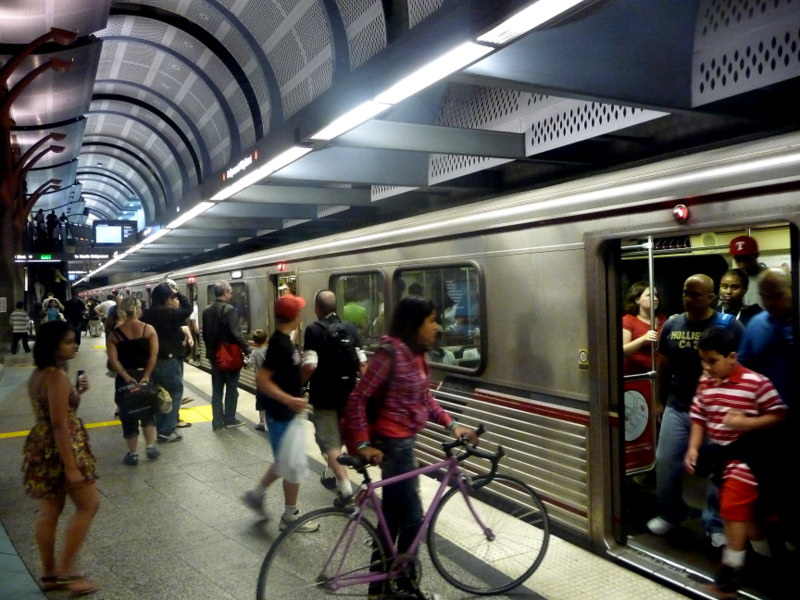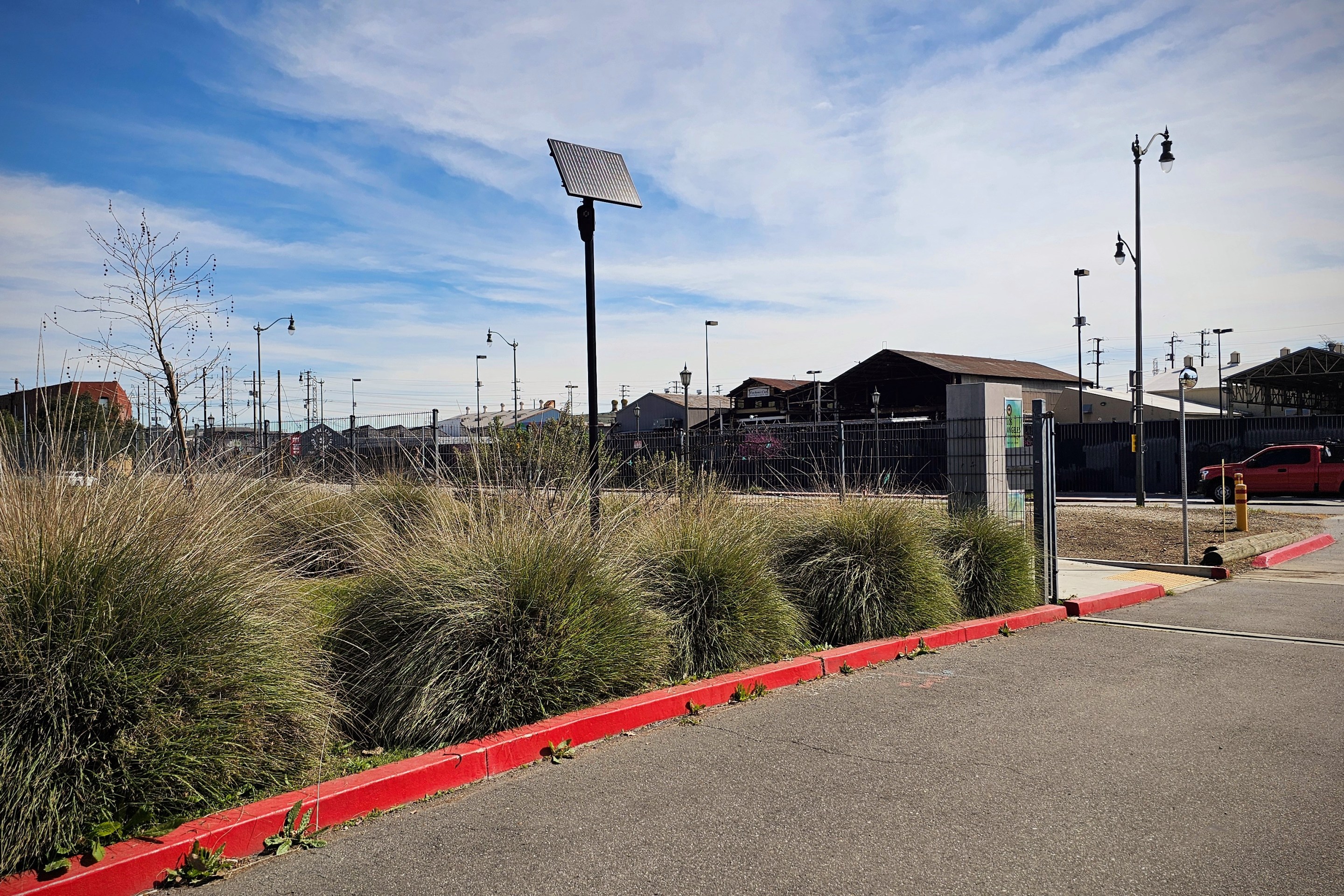Two weeks after announcing the deployment of nearly 200 unarmed Metro Ambassadors aboard its trains and buses, the Los Angeles County Metropolitan Transportation Authority announced Monday it had approved the hiring of 48 new transit security officers to bolster public safety.
The Metro Board of Directors's decision to increase its number of transit security officers is part of efforts to advance its public safety plan, which calls for a layered, "human-centered" approach to make the system safer. In addition to the new Metro personnel, Metro is working with the city and county of Los Angeles to add homeless outreach, drug addiction, and crisis intervention teams, and is improving its use of security cameras, lighting, and more frequent cleaning of stations and vehicles.
The board also approved new bias-free policing and public analytics policies, including a revised customer code of conduct, to ensure consistency with its public safety mission and values that were adopted by the board in 2021, according to the agency.
"The Metro system is certainly not immune from the broader societal challenges we see throughout our county, but we are steadfast in our commitment to taking all steps necessary to promote a safe and pleasant transit experience for every one of our riders," Ara Najarian, chair of the Metro Board of Directors, said in a statement.
The board's approval of funding to hire more Metro transit security officers will create a permanent bus riding team that will be deployed to specific lines with high frequencies of public safety issues, with a primary objective of deterring bus operator assaults and code of conduct violations.
According to Metro, these positions are of significant need as the agency reported 158 assaults on bus operators in 2022, an increase from 115 in 2021.
"It is important that we're finally going to have a team of transit security officers who are dedicated to our buses and are actually riding them alongside our passengers," County Supervisor Janice Hahn, second vice chair of the Metro board, said in a statement. "Most of Metro's consistent transit riders take the bus and they deserve a safe and comfortable ride."
According to the transit agency, Metro's new bias-free policing and public safety analytics policies are meant to set clear expectations and standards to help Metro eliminate potential bias in the way the transit system is patrolled. Previously, Metro found evidence that suggested racial bias might have been a factor in citations given to riders.
"These policies establish clear expectations and standards for fair and unbiased policing and reinforce the importance of treating all individuals with respect and dignity," Jacquelyn Dupont-Walker, Metro's first vice chair of the board, said in a statement.
Lastly, the board approved a revised Metro code of conduct that uses clearer, more user-friendly language. Metro also removed items that are already covered under the existing penal code.
"All of these initiatives build upon work we have been doing over the last year to put our public safety plan into action," said Stephanie Wiggins, Metro's chief executive officer, in a statement. "This plan utilizes proactive response, strategic enforcement and equitable rule compliance, and is key to maintaining public safety for our customers."
"We know we have a lot of work to do, but we are clearly making progress in the right direction," she continued.






